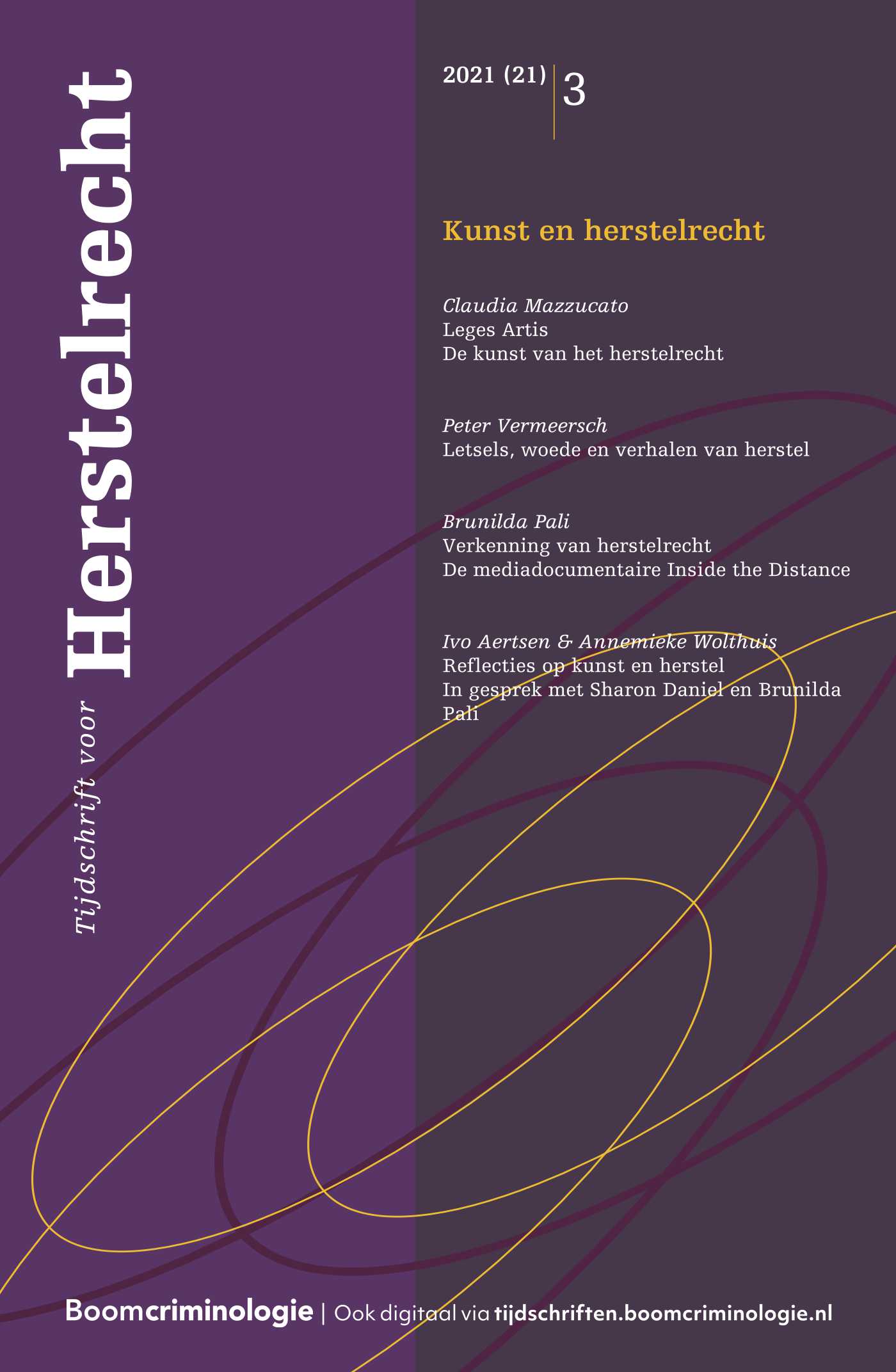|
At the end of 2000, a pilot project began in Flanders (Belgium) to offer family group conferencing for juvenile offenders. Since June 2006, this restorative practice – together with victim-offender mediation – has been inserted in the new Youth Justice Act, making conferencing available in all judicial districts in Flanders. Five years later, however, the mediation-services had to conclude that the number of referrals for conferencing remains rather limited. This observation inspired the mediation services to take actions to bring conferencing more to the attention. This article reports on the findings of a study that was part of this process. Based on (1) an analysis of all conferencing-files that were referred between 1 January 2007 and 31 December 31, (2) focus groups with youth court social workers and criminologists working at the level of the public prosecutor and (3) surveys conducted with youth judges, the study aimed to identify and discuss barriers and obstacles within the current referral practice of conferencing in Flanders. |


Tijdschrift voor Herstelrecht
Meer op het gebied van Mediation en herstelrecht
Over dit tijdschriftMeld u zich hier aan voor de attendering op dit tijdschrift zodat u direct een mail ontvangt als er een nieuw digitaal nummer is verschenen en u de artikelen online kunt lezen.
| Column |
Hergo in Vlaanderen: krachtgericht werken als antwoord op jeugddelinquentie |
| Auteurs | Jo Vandeurzen |
| Auteursinformatie |
| Column |
Herstelgerichte maatregelen in de Franse Gemeenschap |
| Auteurs | Evelyne Huytebroeck |
| Auteursinformatie |
| Redactioneel |
Conferencing: de vraag naar de maatschappelijke betrokkenheid in het herstelrecht |
| Auteurs | Inge Vanfraechem, Lode Walgrave en Ivo Aertsen |
| SamenvattingAuteursinformatie |
| Artikel |
Conferencing internationaal: vaker toegepast dan gedacht |
| Trefwoorden | Conferencing, Internationale toepassing |
| Auteurs | Estelle Zinsstag en Inge Vanfraechem |
| SamenvattingAuteursinformatie |
|
Conferencing is a restorative justice practice which has started developing quite consistently since the 1990s, in majority in Anglophone countries such as New Zealand, Australia, the USA, Canada or the UK and in particular with consistently promising results for juvenile justice in Northern Ireland. Some continental European, Latin American and African countries are also starting to introduce this alternative to traditional criminal justice, especially in the case of juvenile justice, with some equally promising results. This article presents up-to-date information about the state of conferencing in the world and discusses some of the major conclusions that have come out of a European research project and book. |
| Artikel |
Onderzoek naar de geringe toepassing van herstelgericht groepsoverleg in Vlaanderen |
| Auteurs | Lieve Bradt |
| SamenvattingAuteursinformatie |
|
At the end of 2000, a pilot project began in Flanders (Belgium) to offer family group conferencing for juvenile offenders. Since June 2006, this restorative practice – together with victim-offender mediation – has been inserted in the new Youth Justice Act, making conferencing available in all judicial districts in Flanders. Five years later, however, the mediation-services had to conclude that the number of referrals for conferencing remains rather limited. This observation inspired the mediation services to take actions to bring conferencing more to the attention. This article reports on the findings of a study that was part of this process. Based on (1) an analysis of all conferencing-files that were referred between 1 January 2007 and 31 December 31, (2) focus groups with youth court social workers and criminologists working at the level of the public prosecutor and (3) surveys conducted with youth judges, the study aimed to identify and discuss barriers and obstacles within the current referral practice of conferencing in Flanders. |
| Artikel |
De vrijwilliger-ondersteuner en het herstelgericht groepsoverlegEen experiment binnen de bemiddelingsdienst van Leuven (BAL) |
| Trefwoorden | Vrijwilliger ondersteuner, hergo |
| Auteurs | Erik Claes en Emilie Van Daele |
| SamenvattingAuteursinformatie |
|
This article sketches an experiment initiated by a local mediation service in Flanders (BAL) with regard to the role of a supporting volunteer in the context of family group conferencing. Engaged as researchers in this experiment, the authors reconstruct the conceptual challenges of this project and the solution proposed by the team of mediators. One of these challenges revolves around finding an appropriative account of restorative justice that fits with the aims of the Belgian conferencing practice and clarifies the role of the supporting volunteer. Another comes down to distinguishing this role with the essential tasks of the moderator, and formulating deontological devices. In the last part of this contribution a few learning points are formulated with regard to the process and results of the experiment. One of these points is the need to rethink how successfully offering the possibility of engaging a supporting volunteer to the stake holding parties. |
| Boekbespreking |
Conferencing and Restorative Justice |
| Auteurs | Bart Claes |
| Auteursinformatie |
